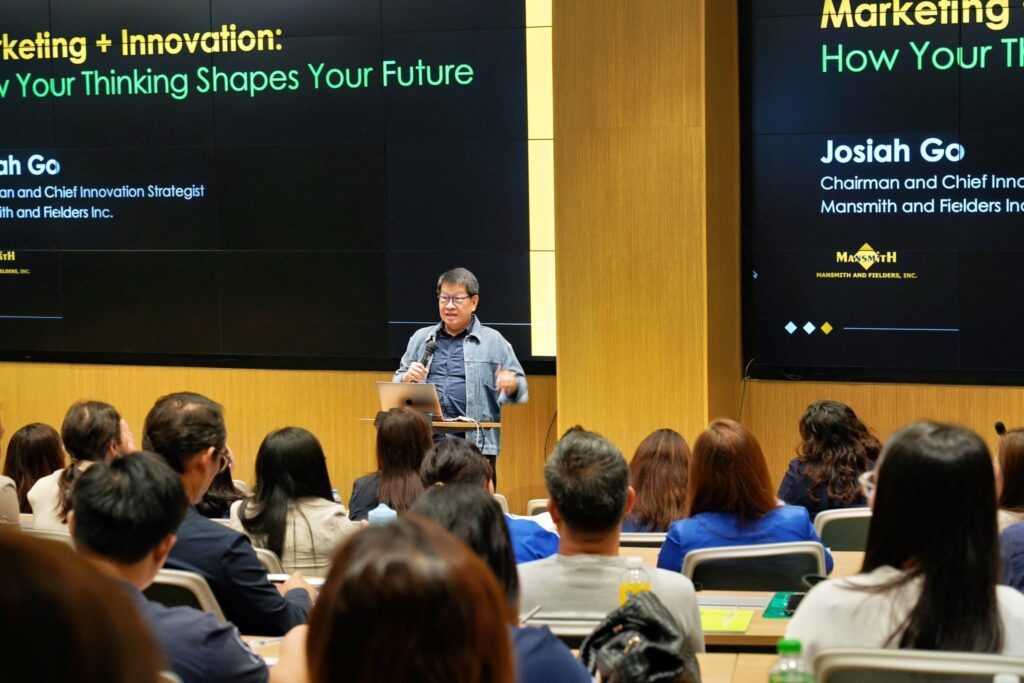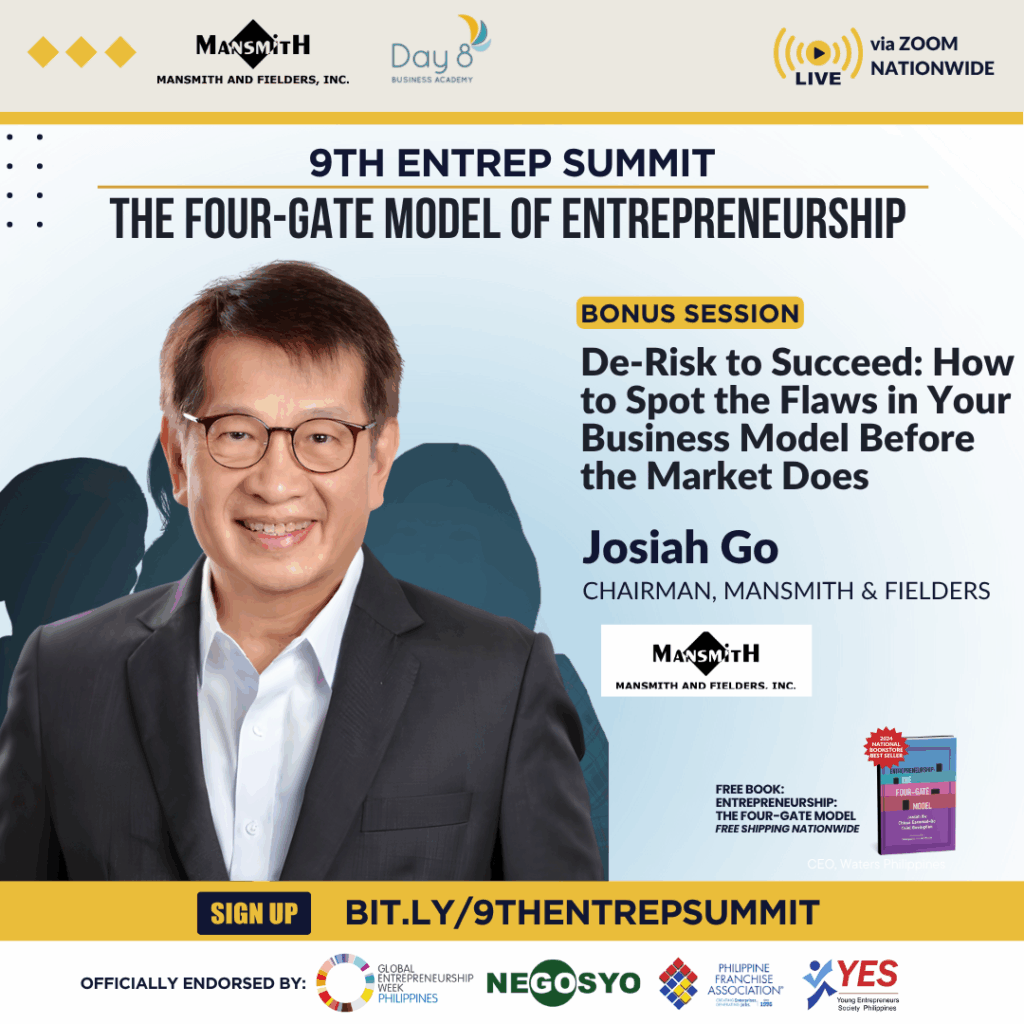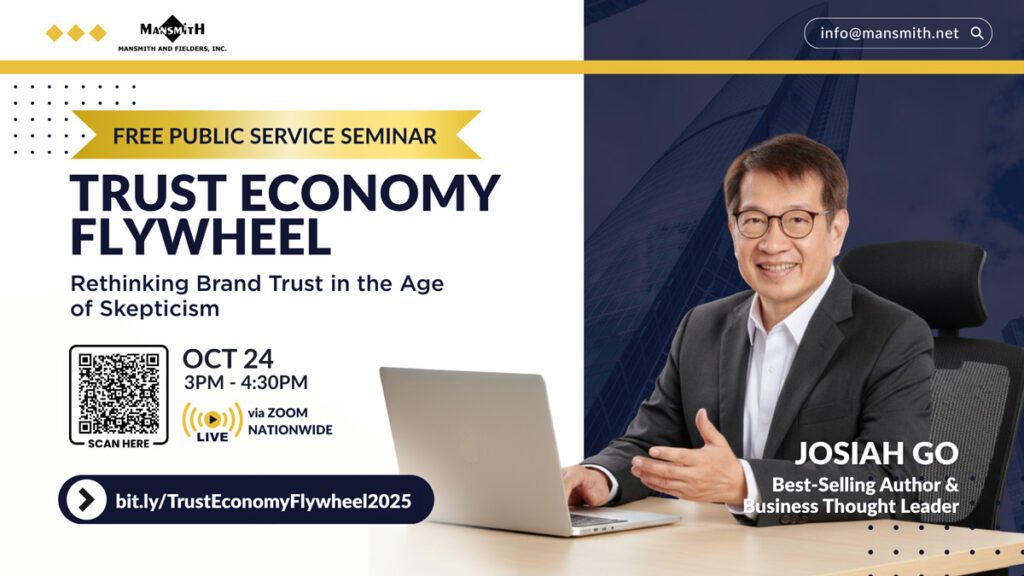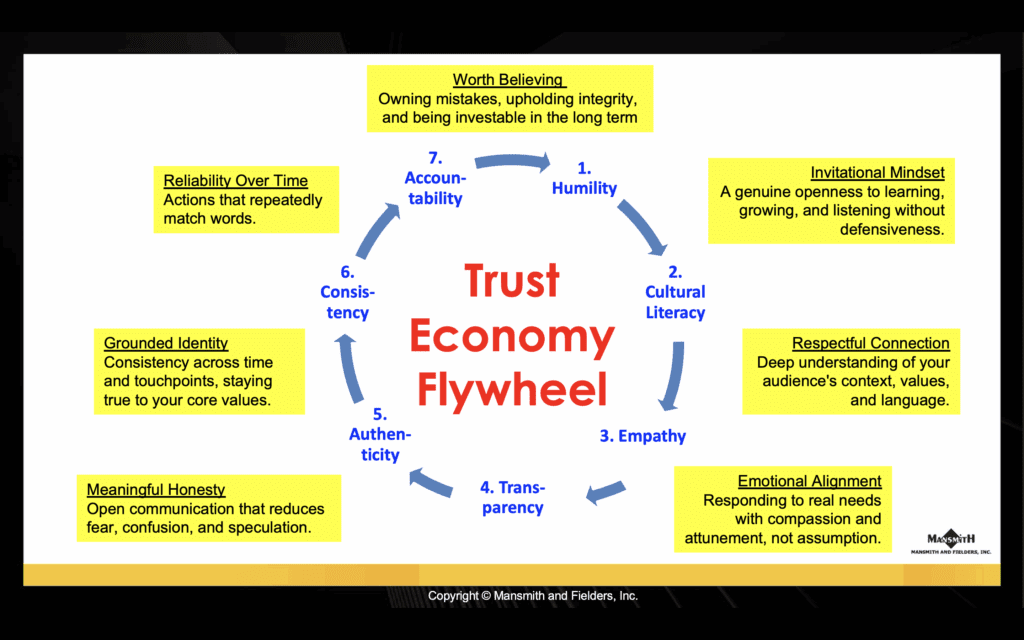
I never really planned to be a teacher.
I was an accidental one. The late Prof. Manny Fernandez, one of the great minds of Philippine marketing, saw me giving a talk (I can’t even remember where), and he told me I should consider teaching. That moment quietly changed the course of my life. Teaching became a calling I didn’t see coming.
A few years later, I became an accidental trainer as well. Mansmith and Fielders, the award-winning training company I eventually became known for, was actually bankrupt in 1990 when I took it over more than three decades ago (that’s another story). I didn’t have the luxury of hiring full-time trainers, so I decided to teach practitioners first. It lowered the cost (I wasn’t paying myself) but it also raised the value. That decision shaped Mansmith into what it is today.
In the classroom, I brought the same values I use in business: fairness, innovation, and real-world application. I’ve almost always allowed open books and open notes during exams in my later years of teaching. Why? Because in real life, we’re not graded on memory, we’re measured on how well we think, solve, and respond to challenges under pressure. My exams were never easy. Students often realize too late that notes won’t save them unless they’ve genuinely understood the lessons.
In all my years teaching, I’ve only failed two students.
They were caught cheating during a final exam, I wasn’t even present to proctor. The final was worth 30% of the grade, and with that zero, there was no way to pass them without bending the rules. Their mothers later came to my office, pleading. They told me how badly they wanted to see their children graduate. I remember that moment vividly, not just as a teacher, but as a fellow Filipino. I know how much we value education as a family dream, not just a personal one.
Even now, I still wonder: could I have handled it differently? Should I have weighed the 30% differently? Maybe offered a second chance with a consequence, not to let it slide, but to turn a mistake into a deeper lesson. But at that moment, I felt the line had to be drawn. Integrity, once compromised, can’t be easily taught back. They stayed another semester. The record remained. I carried that decision with me out of responsibility. I just hope they learned more than just the grade they lost.
Over time, my approach evolved. When I sense something suspicious now, I don’t embarrass the student. I simply sit beside them, quietly. That presence is often enough. I do this not out of authority, but empathy. I had my own naughty moments in school too. I wasn’t a top student in high school. I didn’t always manage my study habits well, especially in subjects I didn’t enjoy. But when I liked a subject, I gave it everything.
Eventually, I found myself giving up weekends with friends: reading, studying, connecting the dots in marketing and strategy. I was no longer studying for school. I was studying because I was hungry to learn. That’s what I hope students take with them: a mindset of lifelong curiosity, not just academic performance.
Years later, some students would return to school just to say thank you, some even bringing cookies. I was moved, not by the gifts, but by the gesture. It meant something to know I had made a difference in their lives. Those quiet moments of appreciation motivated me more than any recognition ever could.
When I was invited to give the graduation speech at my high school a few years ago, I told the students something very personal: I was a C student. And yet, I stand here with you today. Why? Because life offers us many fresh starts. College is a fresh start. Your first job is a fresh start. Even a new boss can be a fresh start. The key is to keep starting, and to keep learning.
My journey in education, whether as a teacher, trainer, or even a student of life, has taught me as much as I’ve taught others.
One habit I built into my teaching was assigning short weekly research tasks. They weren’t designed to be practical, but they were designed to be regular. I wanted students to develop the habit of curiosity, to look beyond the classroom, to connect ideas with what was happening in the world. It wasn’t about volume, but about rhythm. Consistency, I found, matters more than intensity.
Teaching reminded me of that. It also taught me humility, and it reminded me that integrity, even when inconvenient, will always be worth it. Sometimes, we are placed in roles not by design, but by purpose.
I’ve always aimed not just to be the best, but to be a pioneer. That means doing things differently, not for novelty, but for impact. It means taking the first step when others are waiting. It means being accountable to your decisions, transparent in your process, and honest about your failures, not just your wins.
If there’s one thing teaching has taught me, it’s that the real lessons rarely come from slides or syllabi. They live in quiet choices, in honest conversations, in the courage to stand for what matters, even when it’s inconvenient.
They’re found in the students who return just to say thank you, and in the ones who don’t, but carry something with them still.
And for all of that, for the chance to teach, to learn, and to grow alongside them, I remain quietly, deeply grateful.
***
Josiah Go is the most awarded business educator in the Philippines, recognized both locally and globally for his contributions to marketing, entrepreneurship, and education. He received the Agora Award twice, first in 1994 for Marketing Education, and again in 2025 for Nation Building through Mansmith and Fielders, Inc. He has also been honored as Most Outstanding Chinoy, a TOYM awardee in the Philippines, and a Lifetime Achievement Award. His international honors include his selection as one of The Outstanding Young Persons (TOYP) of the World (U.S.), chosen from over 1,000 TOYM winners. the World Brand Leadership Award (India), and inclusion in Who’s Who of Intellectuals (England), reflecting his lasting impact on business thought leadership.




